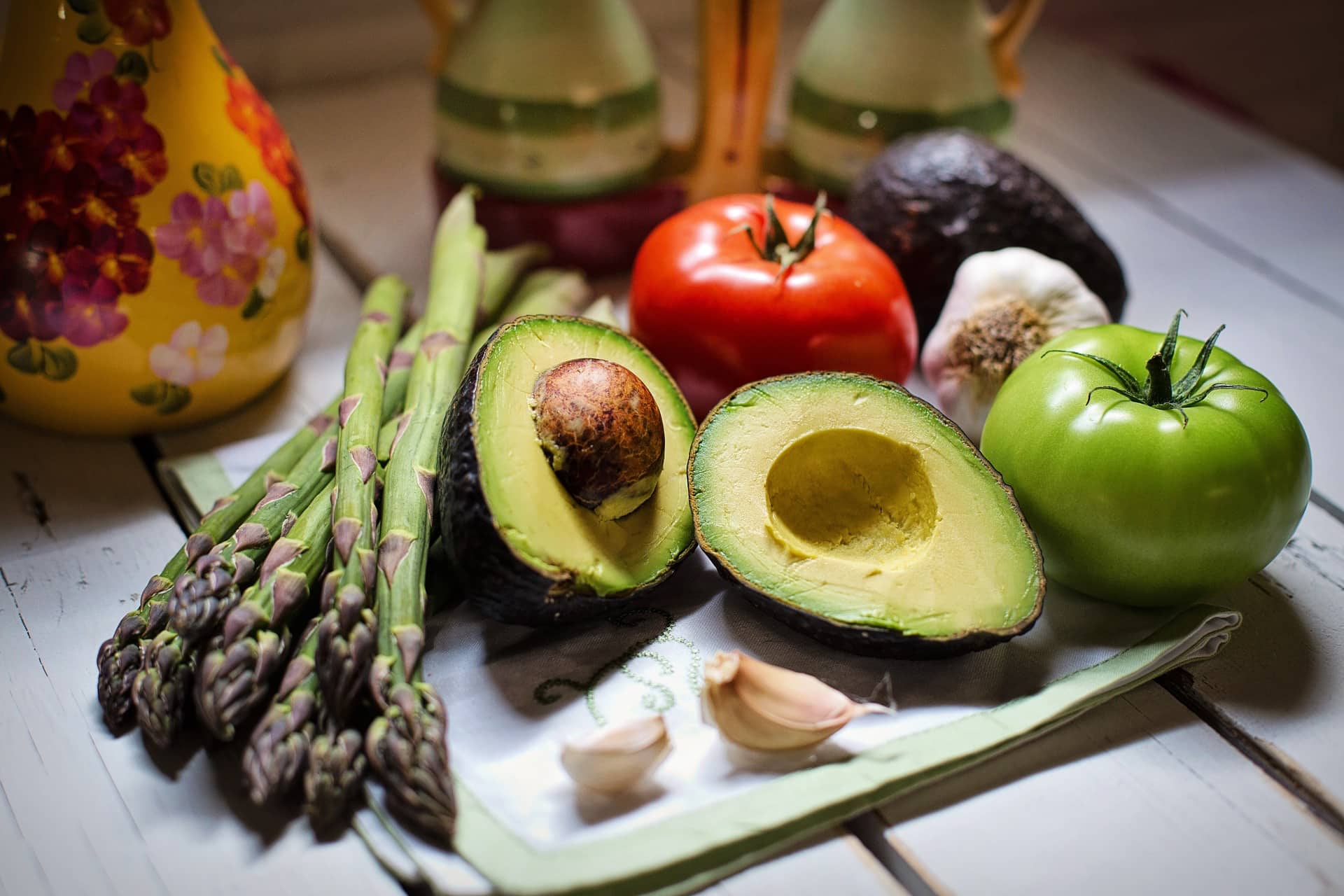Is Eating a Vegan Diet an Effort?
Eating a vegan diet has become increasingly popular in recent years. It is one of the most sustainable and ethical dietary choices that someone can make, as it excludes all animal products and by-products from the meals you consume. Many people are drawn to this lifestyle for its perceived health benefits, but others find it difficult to adhere to due to the effort involved. This blog will explore whether eating a vegan diet is, in fact, an effort or not.

Image by Jill Wellington from Pixabay
What is a Vegan Diet?
A vegan diet is a dietary plan that excludes all animal products and by-products. This means that the meals you eat contain only plant-based foods, such as fruits, vegetables, grains, nuts, seeds, and legumes. There are also other vegan staples such as soy products (e.g., tofu) as well as dairy substitutes made from plants (e.g., almond milk).
Benefits of Eating a Vegan Diet:
Eating a vegan diet can provide many health benefits for those who stick to it long-term. For example, studies have suggested that vegans may be less likely to suffer from heart disease, diabetes, high blood pressure, and certain types of cancer than non-vegans due to their diet.
They also tend to have lower cholesterol and triglyceride levels and higher intakes of antioxidants and fiber, which can help protect against disease.
Furthermore, veganism is an ethical choice that helps to reduce animal suffering in the food industry. For example, it eliminates eggs and dairy from your diet, thus reducing the demand for these products, which are often produced at a high cost to animals’ welfare.
Efforts Involved in Eating a Vegan Diet:
The effort involved in eating a vegan diet varies depending on the individual’s lifestyle. For example, some people may find it relatively easy to cook plant-based meals from scratch; others may find it more difficult due to lack of time or experience preparing vegan meals.
Eating out can also be tricky for vegans, as many restaurants do not offer vegan options or may not understand what constitutes a vegan meal. It is therefore important to research vegan-friendly restaurants beforehand or ask the staff about suitable dishes before ordering.
It is also essential to ensure that you are receiving enough essential nutrients such as proteins and calcium while following a vegan diet, as these may be lacking in plant-based foods alone. Again, eating fortified foods or taking supplements can help to bridge this gap if necessary.
How to Make a Vegan Diet Less of an Effort:
1) Meal Prep:
Meal prepping can be hugely beneficial for those following a vegan diet, as it means you have vegan meals ready to go at any time. This will save you time in the kitchen and reduce stress when deciding what to eat.
2) Invest in Kitchen Equipment:
Having the right equipment on hand can make all the difference when cooking vegan meals. For example, investing in a good blender or air fryer can help you make delicious vegan meals quickly and easily. An excellent idea for you to try out is this air fryer green beans recipe!
3) Stock Up on Pantry Staples:
Keeping your pantry stocked with staples such as dried legumes, grains, nuts, seeds, and plant-based kinds of milk will ensure you always have options for quick and nutritious meals.
So is Eating a Vegan Diet Effort or Not?
Veganism is not necessarily an effort; it can be as easy or time-consuming as you make it. However, with a bit of planning and organization, you can easily enjoy delicious and nutritious vegan meals that require minimal effort. So if you are interested in trying out this diet for its health benefits, there is no need to fear the effort involved!
